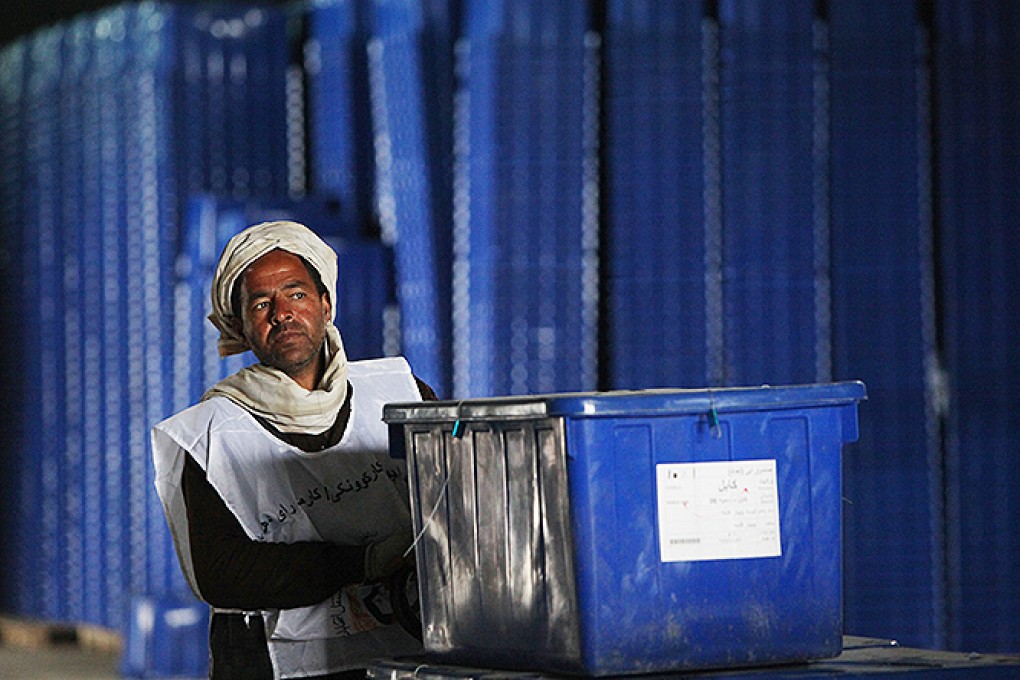Next Afghan president will face a battle for control of nation’s mineral wealth
Whoever Afghans elect to lead them must wrest control of nation's mineral wealth from warlords

Millions of Afghans are expected to queue at makeshift polling booths today, defying Taliban threats to kill them, to elect their next president. It will be an unprecedented democratic leadership transition for the troubled country.
The man who takes the mantle from President Hamid Karzai will be charged with overseeing Afghanistan's transition from more than a decade of Western military occupation to full sovereignty. The election unfolds as foreign combat troops that have propped up the government since throwing out the Taliban in 2001 are due to withdraw on December 31.

As with the former Soviet Union and the Democratic Republic of Congo, homegrown strongmen and oligarchs are attempting to seize control of the Afghan state's few legitimate sources of revenue. They are grabbing and monopolising business, industry and trade opportunities in what some experts term the economy's criminal capture.
By abusing political and military power to accumulate personal wealth, Afghan strongmen are probably concentrating economic activity into a few hands. The result, experts say, is to further erode public faith in government, stifle entrepreneurship and spur a continued brain and cash drain, leaving those lacking connections with no foothold in their country's future.
"There is a shadow state within the state that is capturing the economy, the military power, political power and the social base," says Javed Noorani, researcher with Integrity Watch Afghanistan in Kabul, a non-profit research and advocacy group. "There is no will to stamp out corruption. We are moving in transition from one conflict, a military conflict, to a resources conflict. We will be Congo."